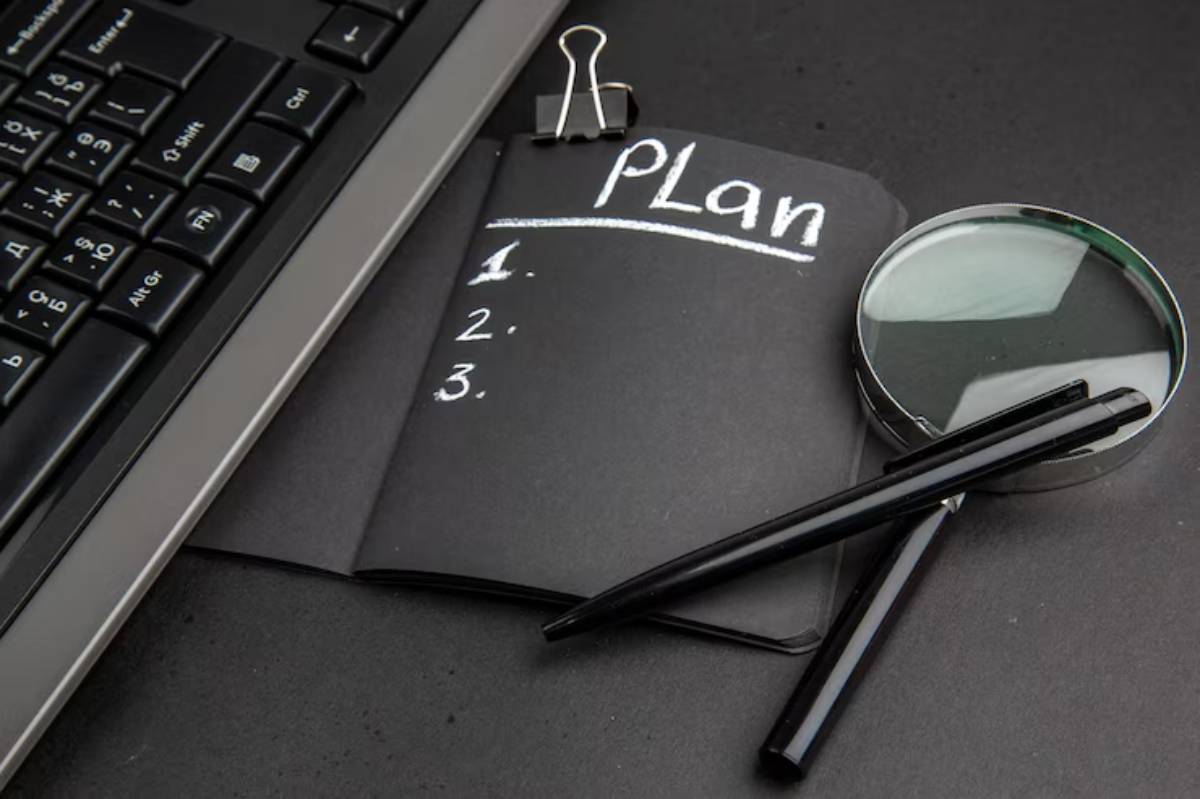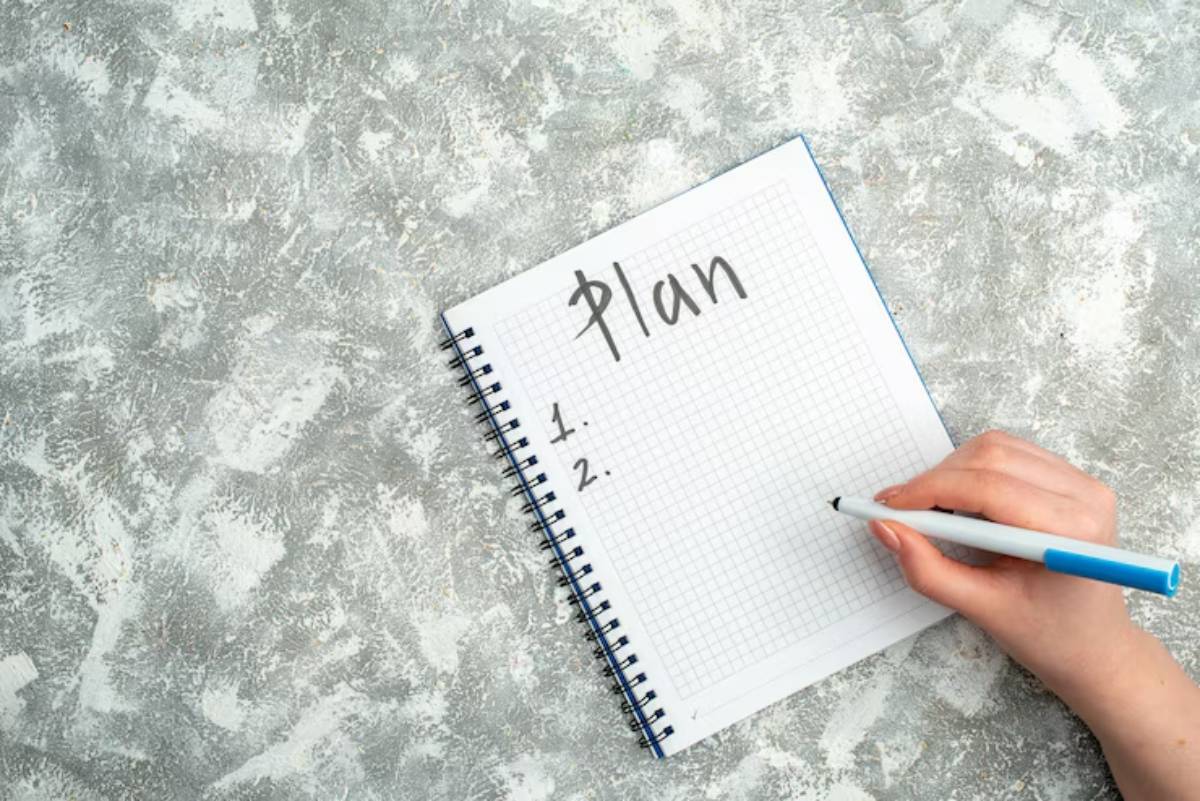
Morning Energy Routines to Prevent Procrastination
Ever found yourself hitting the snooze button multiple times, only to rush through your morning feeling groggy and unmotivated? You’re not alone. Mornings set the tone for the rest of the day, and establishing energy-boosting routines can be the key to overcoming procrastination and starting strong.
In this guide, we’ll explore practical and effective morning habits that enhance energy levels, foster anti-procrastination behaviours, and help you seize the day with clarity and confidence.
Why Mornings Matter in Battling Procrastination
The first few hours after waking are often the most influential in determining your mood, focus, and productivity. If your morning lacks structure or is filled with stress, you’re more likely to fall into procrastination patterns. On the other hand, a well-planned and energising morning routine can create momentum that carries throughout the day.
Procrastination and Decision Fatigue
Research shows that decision fatigue—mental exhaustion caused by making too many choices—can reduce your willpower and motivation. If your morning is filled with indecision (What should I wear? What should I eat?), it becomes easier to delay important tasks. Morning routines reduce this cognitive load.
Morning Cortisol and Alertness
Cortisol, the hormone linked to alertness, peaks in the early morning hours. Leveraging this natural rhythm with stimulating routines, like sunlight exposure and physical activity, can help optimise energy and minimise mental slumps.
For more on the science of delay, see our post on The Science of Avoidance: What Drives Chronic Procrastination.
1. Set a Consistent Wake-Up Time

Waking up at different times every day confuses your body’s internal clock. Consistency trains your circadian rhythm and improves your sleep quality, which means more energy in the morning.
Tips to Stay Consistent:
- Choose a wake-up time that works on both weekdays and weekends.
- Avoid changing your schedule by more than 30 minutes.
- Go to bed at a similar time each night to support your morning wake-up.
What If You’re Not a Morning Person?
You don’t need to be an early riser to benefit from a consistent routine. Even if you wake at 9 a.m., sticking to that schedule daily supports mental clarity and reduces procrastination.
2. Avoid the Snooze Button
The snooze button is a procrastination trap in itself. Those extra few minutes often make you feel more tired, not rested.
Why Snoozing Hurts Productivity:
- Re-entering a sleep cycle and waking abruptly again can worsen grogginess.
- It signals to your brain that the day is something to be avoided.
Alternative:
- Use an alarm that requires movement to turn off (e.g., placing your phone across the room).
- Try wake-up lights that mimic sunrise to rouse you gradually.
3. Hydrate to Activate
After 6–8 hours of no water intake, your body is dehydrated. This can cause fatigue, headaches, and difficulty concentrating—all of which increase the likelihood of procrastination.
Simple Hydration Routine:
- Keep a glass of water by your bed.
- Add a squeeze of lemon for a natural electrolyte boost.
- Avoid reaching for coffee first—hydrate before you caffeinate.
4. Move Your Body
Physical activity in the morning gets your blood flowing and primes your body and brain for the day.
Options to Consider:
- 10 minutes of light stretching
- Yoga or Pilates
- A brisk walk or jog outdoors
Benefits:
- Boosts endorphins and dopamine—mood-lifting chemicals
- Increases oxygen to the brain
- Sharpens focus and reduces stress
Even if you don’t have time for a full workout, any movement is better than none. Incorporate 5–10 minutes to get started.
5. Fuel Your Body with the Right Breakfast
Skipping breakfast or grabbing sugary snacks sets you up for a crash, both physically and mentally. A balanced breakfast provides lasting energy and reduces brain fog.
What to Include:
- Protein (eggs, Greek yogurt, nut butter)
- Healthy fats (avocado, nuts)
- Complex carbs (oats, whole grain bread)
- Fruit or vegetables
What to Avoid:
- High-sugar cereals or pastries
- Excessive caffeine on an empty stomach
6. Embrace Natural Light

Exposure to morning sunlight regulates melatonin (the sleep hormone) and signals to your body that it’s time to be alert.
Ways to Get Light Exposure:
- Open your blinds immediately after waking
- Step outside for 5–15 minutes
- Consider a light therapy lamp in winter months
7. Plan Your Day with Purpose
Having a plan reduces indecision and makes it easier to get started. Morning is the ideal time to review or create your task list.
Morning Planning Tips:
- Use the 1–3–5 Rule: 1 big task, 3 medium, 5 small
- Time-block your calendar if needed
- Identify one task that would make the day feel productive if nothing else got done
8. Practice Morning Mindfulness
Mindfulness calms racing thoughts and helps you become present. This can help you transition into work with clarity instead of chaos.
Mindfulness Activities:
- Meditation (5–10 minutes using an app or timer)
- Deep breathing exercises
- Gratitude journaling: Write 3 things you’re grateful for
9. Use the 10-Minute Rule to Get Started
The hardest part of any task is starting. The 10-minute rule involves committing to a task for just 10 minutes. Once momentum begins, it’s often easier to keep going.
Why It Works:
- It lowers the psychological barrier to starting.
- It reduces overwhelm by focusing on time, not completion.
This technique is especially helpful if your mornings involve transitioning into work or study.
10. Limit Digital Distractions
Checking social media or news right after waking can scatter your focus and trigger emotional responses.
Digital Detox Suggestions:
- Keep your phone on “Do Not Disturb” until after your routine
- Avoid email or news apps in the first hour
- Use a traditional alarm clock to avoid grabbing your phone
11. Build a Morning Playlist
Music can shape your mood and raise your energy. A good playlist can get you moving and motivated before you even start working.
Playlist Ideas:
- Upbeat pop or indie tunes
- Motivational instrumental tracks
- Nature sounds or soft piano for mindfulness
12. Prepare the Night Before
One of the best morning routines starts the evening prior. Laying out your clothes, preparing meals, and writing your to-do list removes obstacles that drain energy in the morning.
Night Prep Checklist:
- Set out clothes, keys, and essentials
- Write down 3 goals for tomorrow
- Get to bed at a consistent hour
Bonus: Create a Morning Routine Ritual
The difference between a successful morning and a chaotic one often lies in having rituals. Rituals build momentum through familiarity and comfort.
Ideas for Rituals:
- Lighting a candle while journaling
- Drinking tea while reviewing your planner
- Reading a short motivational quote or passage
Troubleshooting Common Morning Challenges
What If You’re Still Tired in the Morning?
- Review your sleep quality and duration
- Try light exposure or gentle stretching
- Rule out sleep disorders like sleep apnea if fatigue persists
What If You Don’t Have Time?
- Start with a 15-minute version of your routine
- Batch tasks (e.g., journal while drinking coffee)
- Eliminate time wasters like social media
What If You Live with Others?
- Communicate your routine and needs
- Wake up earlier for quiet time
- Use headphones and personal space markers
Conclusion: Build Mornings That Work for You
The way you start your morning shapes your entire day. By creating a routine that fuels your energy, clarifies your intentions, and limits distractions, you’re actively reducing the space where procrastination can creep in.
You don’t need to overhaul your entire morning at once. Begin with one or two habits that resonate with you and build gradually. Whether it’s waking up at a consistent time, adding a 10-minute stretch, or prepping the night before—these small steps lead to powerful results.
Consistency, mindfulness, and self-compassion are your strongest tools. Embrace your mornings, and watch how your productivity transforms.
If you’re struggling with stress-based avoidance, our post on Emotional Avoidance: A Root Cause of Delay offers strategies to help.


